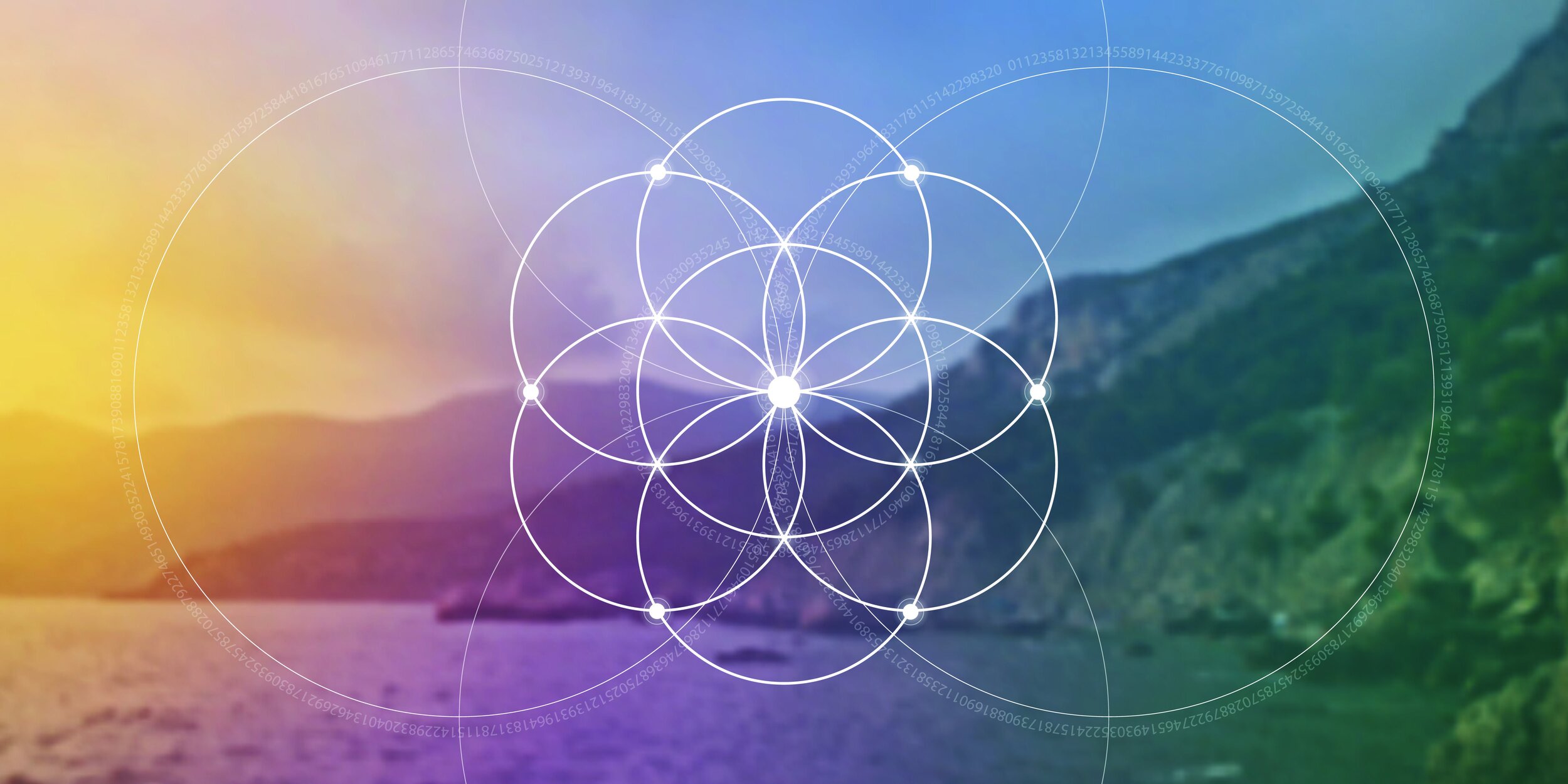Must knows for every “sensitive” out there, this is the science of empathy
An excerpt from The Happy Empaths Workbook by Stephanie Jameson
There are a few interesting scientific explanations when it comes to the gifts and extra senses that empaths naturally have. I feel it is important for empaths to understand the science behind their gifts, as it will help them find more clarity and have a deeper under- standing of why and how they experience what they do on a daily basis.
Mirror neuron system
Being an empath is not something that is simply based on intuitive feelings, hunches, or impressions with no real basis or research; there is a real science to this phenomenon. Scientists have discovered something called the mirror neuron system.
The mirror neuron system is a group of cells that enable the ability to share another person’s emotions such as pain, fear, happiness, or excitement. Mirror neurons are triggered when an individual performs an action, and when that individual sees another person performing the same action. Scientists believe empaths seem to have very sensitive mirror neurons, causing the empath to deeply resonate with other people’s emotions.
Electromagnetic fields.
It has also been scientifically proven that the heart and the brain generate their own powerful electromagnetic fields that emit information about the thoughts and emotions of others. The heart has been discovered to generate the largest electromagnetic field in the body.
According to the HeartMath Institute, the heart’s powerful field can be detected by another up to several feet away. Geomagnetic fields generated by others will certainly affect an empath. The empath may feel a shift, either positive or negative, in their own emotions and physical body, without even realizing that these shifts are not necessarily coming from themselves.
Emotional contagion is a science of empathy
Emotional contagion is the phenomenon of instantly picking up on other emotions and experiencing the same emotion. Emotional contagion basically embodies the idea that humans can synchronize their emotions with others around them.
For example, when someone nearby is stressed, fearful, pessimistic, or even angry, an empath can shift quickly out of a very calm state and begin to embody these emotions as well. The same would happen if positive emotions were being expressed.
Interestingly, empaths love to be around other empaths. The energy being exchanged between them is usually very uplifting and of an equal exchange. As an empath, it’s important to try to surround yourself with others like you or of a positive nature.
Dopamine sensitivity.
Dopamine is a neurotransmitter that helps carry signals to the brain’s reward center. It affects emotions and the sensations of pleasure and pain. As Judith Orloff wrote about in her book, The Empath’s Survival Guide, some empaths have a sensitivity toward dopamine, which means that they need less dopamine to feel happy. These types of empaths are content with less socializing and more alone time. Other, more extroverted empaths may be the exact opposite; they may need to get out so they can socialize to receive a dopamine rush.
Synesthesia is the science of empathy
Orloff also describes how empaths are prone to experiencing synesthesia. Synesthesia is a phenomenon that happens when one of the five senses triggers another of the senses to simultaneously process the same data. For example, one may see a color and in addition to seeing the color, the color has a specific smell associated with it. Or, one may hear music and see sounds or colors as they listen to the music.
Mirror touch synesthesia is a blending of the senses. Basically, the things that one sees can be felt. For example, if an empath sees another person’s injuries or sufferings, they will also physically feel this pain. If the empath sees another person being touched or experiencing something good, the empath can also feel this.
An empath can experience these types of sensations even if what they are witnessing is just on television or in a movie. If someone hits the ground in a scene, the empath might feel it as if it were happening to them. Mirror touch synesthesia is a beautiful neurological explanation of what empaths experience daily.
Whether you have known or are just coming into the understanding that you are highly sensitive and empathic, I hope this information helps to support you along your journey. You are far from “crazy” and definitely not “too emotional”, there is a real science to what empaths experience on a daily basis.
However, it is up to us sensitives to empower ourselves, ground our energy, own our gifts and use them for good. Empowered empaths have strong boundaries set in place, use their intuition and sensitivities as a strength, observe but do not absorb and are master energy shifters. Disempowered empaths have poor boundaries, tend to be people pleasers, are walking emotional sponges and can often pull the victim card.
Everyday we have a presented with a choice. Choose empowerment and stay strong in your knowing that those “sensitivities” are a gift. 😉

+ show Comments
- Hide Comments
add a comment